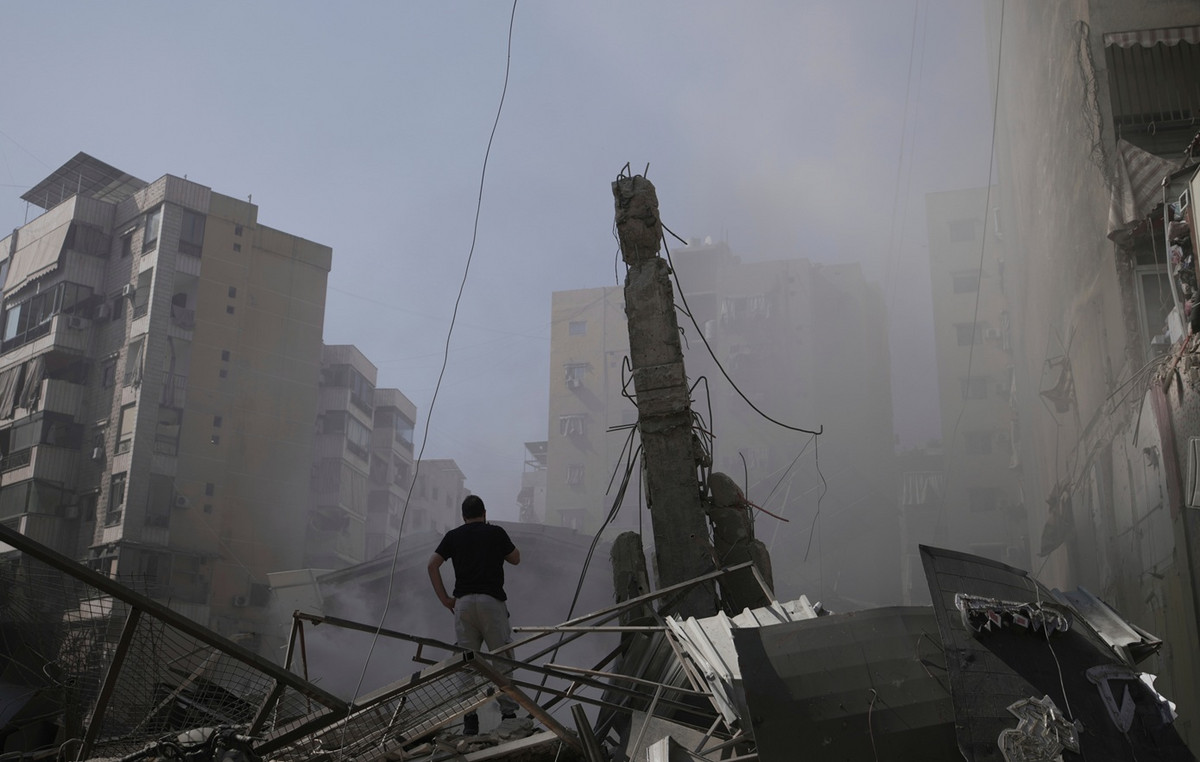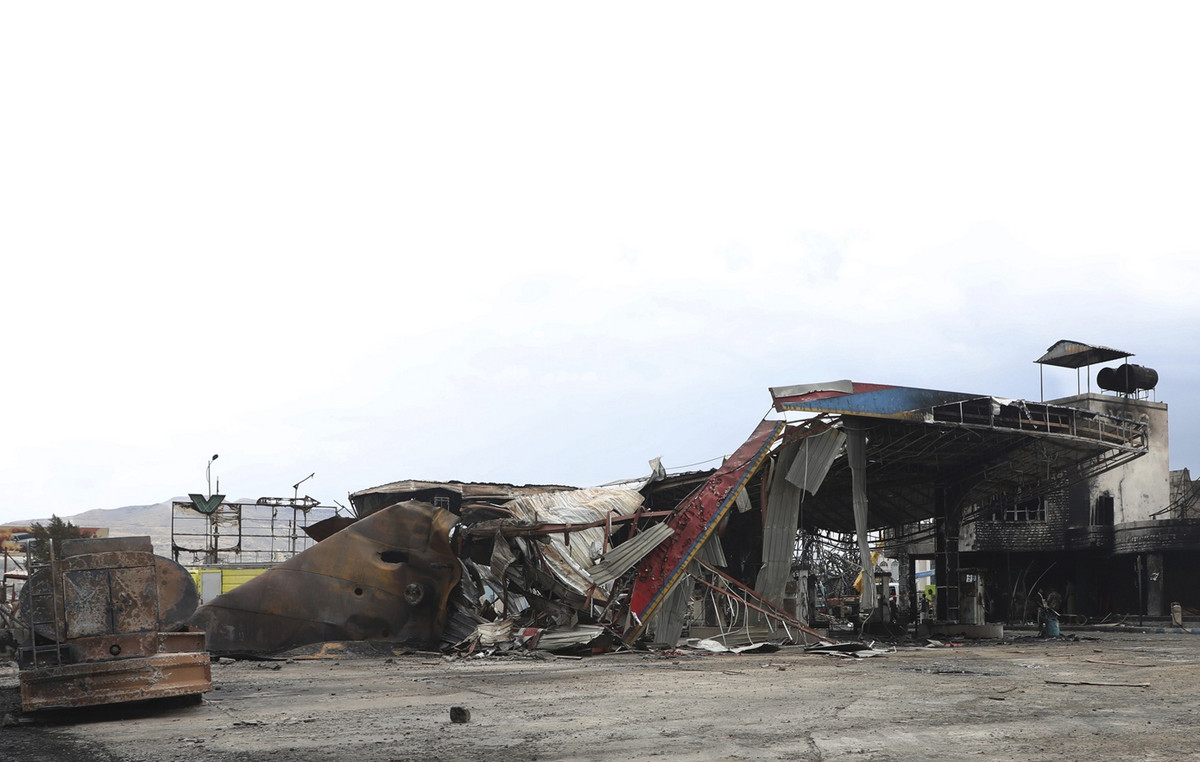Virtually no financial analyst expected Russian President Vladimir Putin to carry out a massive invasion of Ukraine. It was the worst case scenario for all bankers and investors, and it was confirmed.
The result is falling stock markets around the world, currencies devaluing, but what is most worrying are commodity prices. Russia is a power in the production of very sensitive commodities: oil, natural gas, aluminum, copper, wheat, among others.
No wonder oil hit US$ 105 per barrel, natural gas prices rose 40% in Europe, aluminum and nickel are at record levels. The price of wheat recorded the highest rise in nine years.
According to PUC-SP professor Edmar Luiz Fagundes de Almeida, one of the greatest Brazilian specialists in the gas market, Europe is on the verge of an energy crisis. The jump in gas prices will have a huge impact on the European economy.
Russia accounts for 40% of the gas imported by Europeans and this product was already in very tight supply and prices were high. In addition, the pipelines that take this commodity to Europe pass through Ukrainian territory – now a war zone.
“If there is any interruption in the passage of Russian gas through Ukraine, Europe will face gas rationing”, says Almeida. Companies will be the main affected, but it can indeed reach the residential market, particularly in countries like Hungary and Romania. Remember that it is winter in Europe.
Analysts still do not believe there is a risk of supply disruption in the oil market. Russia is the world’s third largest producer of oil and sanctions in this area, like Iraq or Iran, would be catastrophic not only for the Russians, but for the entire global economy.
In any case, a new rebound in global inflation is on the cards and perhaps even a recession. It is important to point out that, after two years of the covid pandemic and disorganization of production chains, high prices were already bothering us a lot. In the United States, inflation is already the highest in 40 years.
In Brazil, the impacts of the crisis will be different. On the one hand, the country gains from rising commodity prices, particularly oil and grains. It’s more currency and more revenue here.
But, from another angle, it is impossible to go unscathed in the face of a rebound in global inflation. The Brazilian Central Bank may have to raise interest rates even further, slowing the economy. It is still too early to know which of these factors will prevail.
Source: CNN Brasil
I am Sophia william, author of World Stock Market. I have a degree in journalism from the University of Missouri and I have worked as a reporter for several news websites. I have a passion for writing and informing people about the latest news and events happening in the world. I strive to be accurate and unbiased in my reporting, and I hope to provide readers with valuable information that they can use to make informed decisions.







